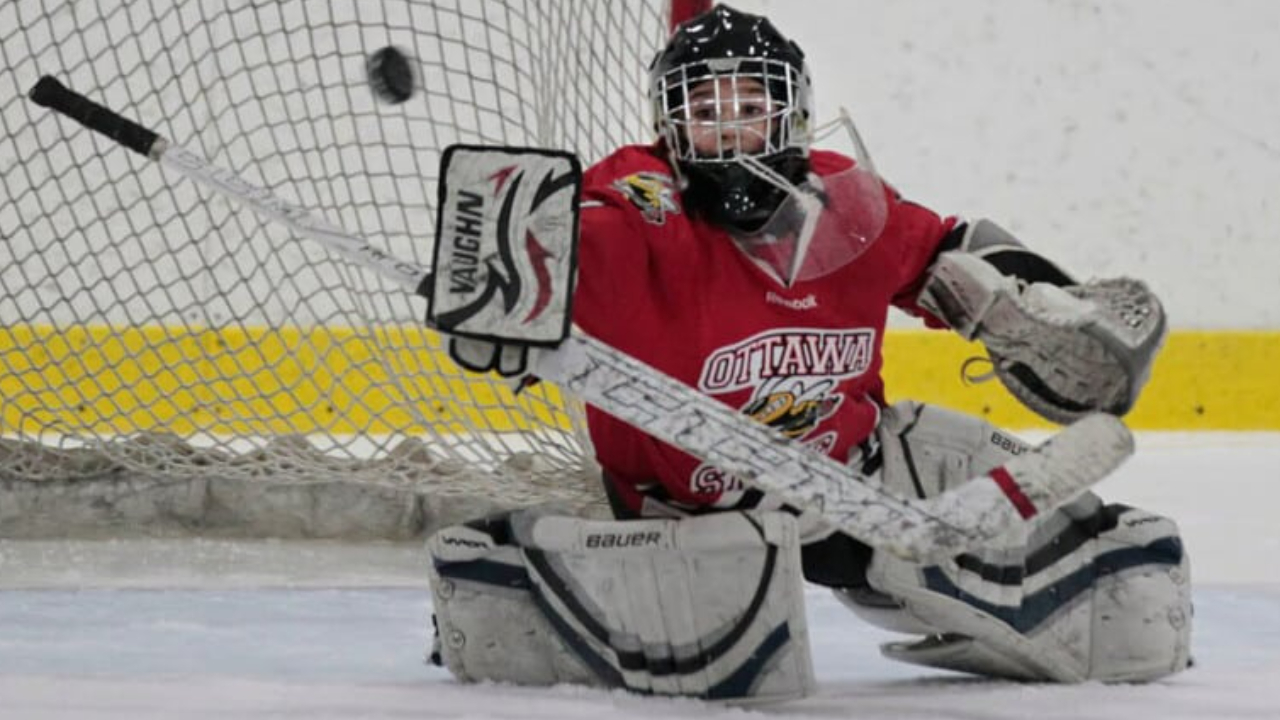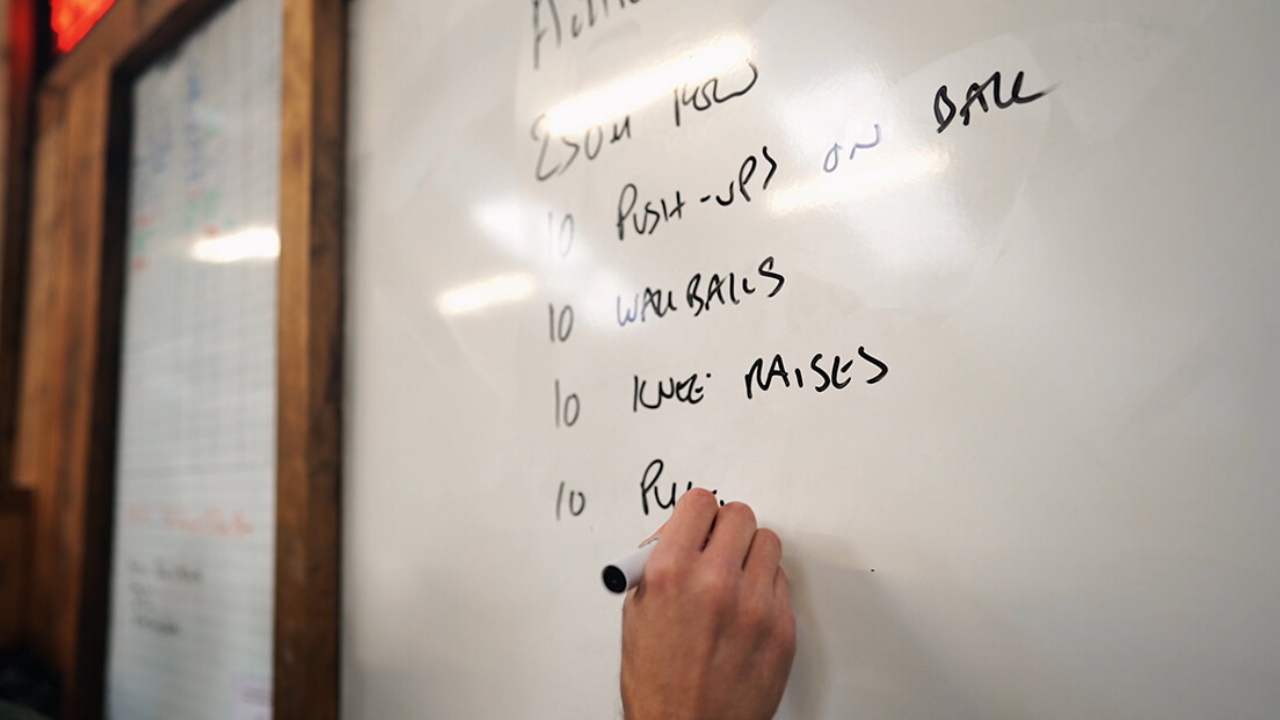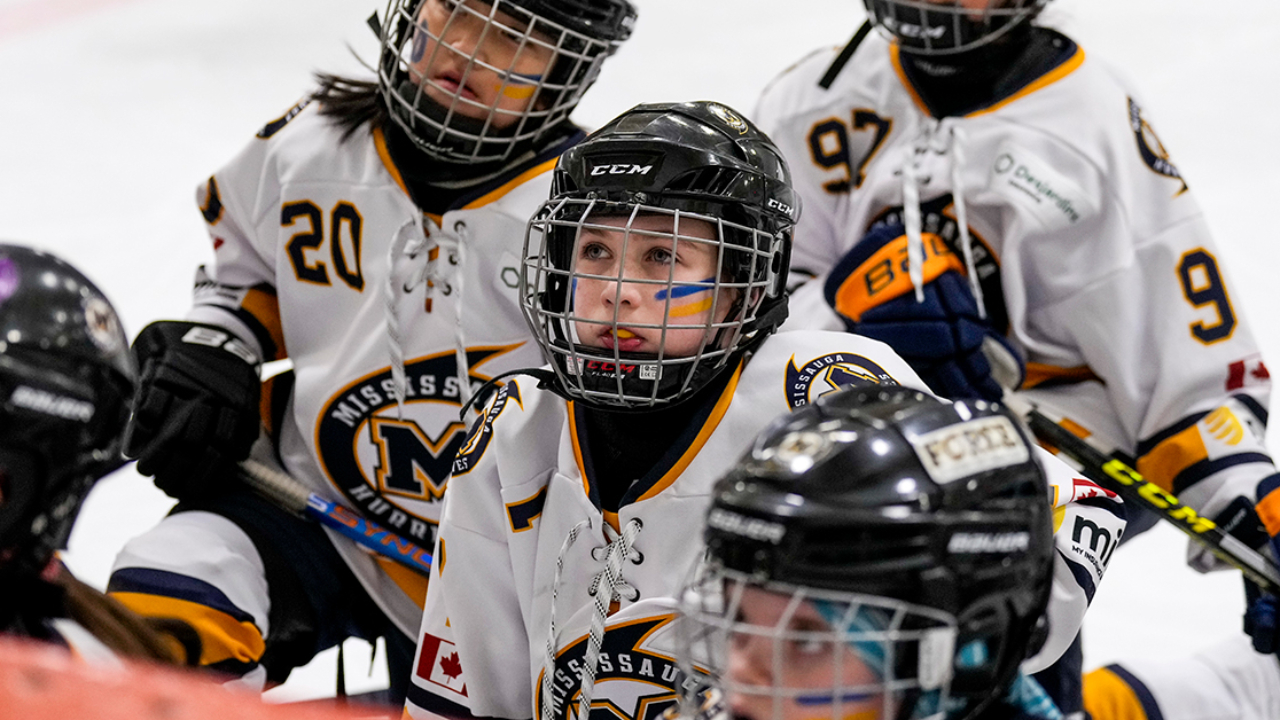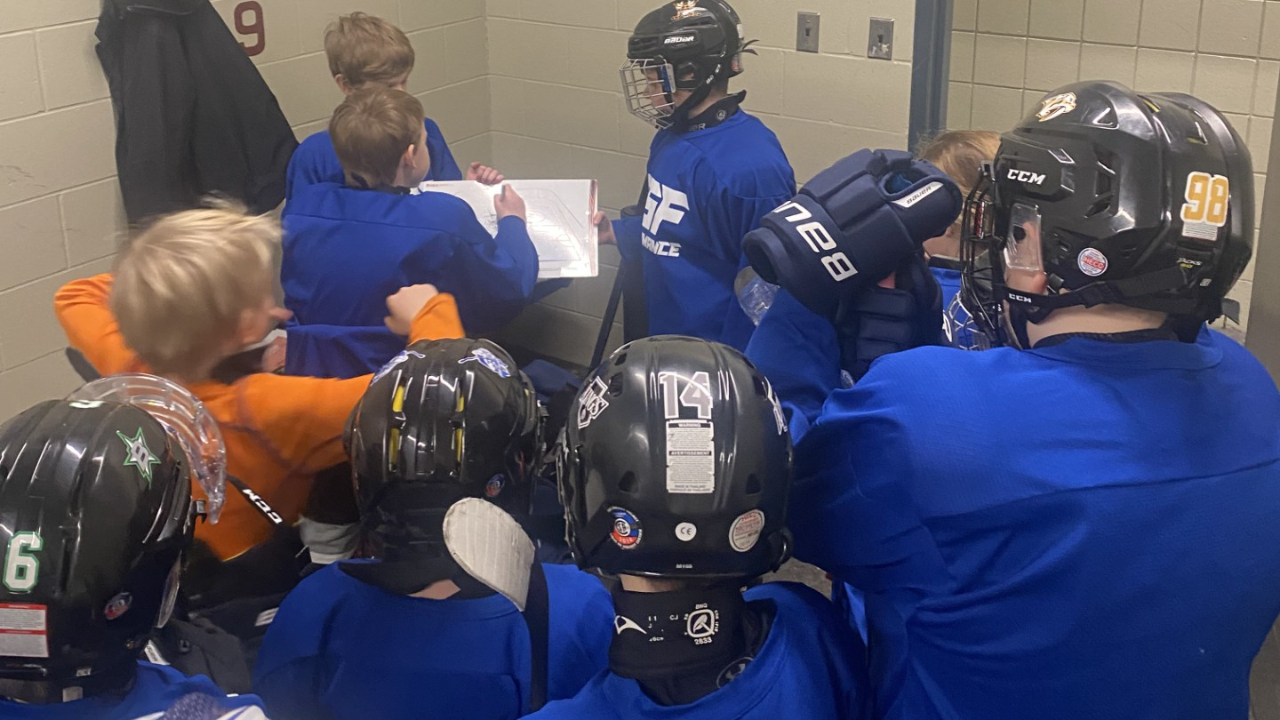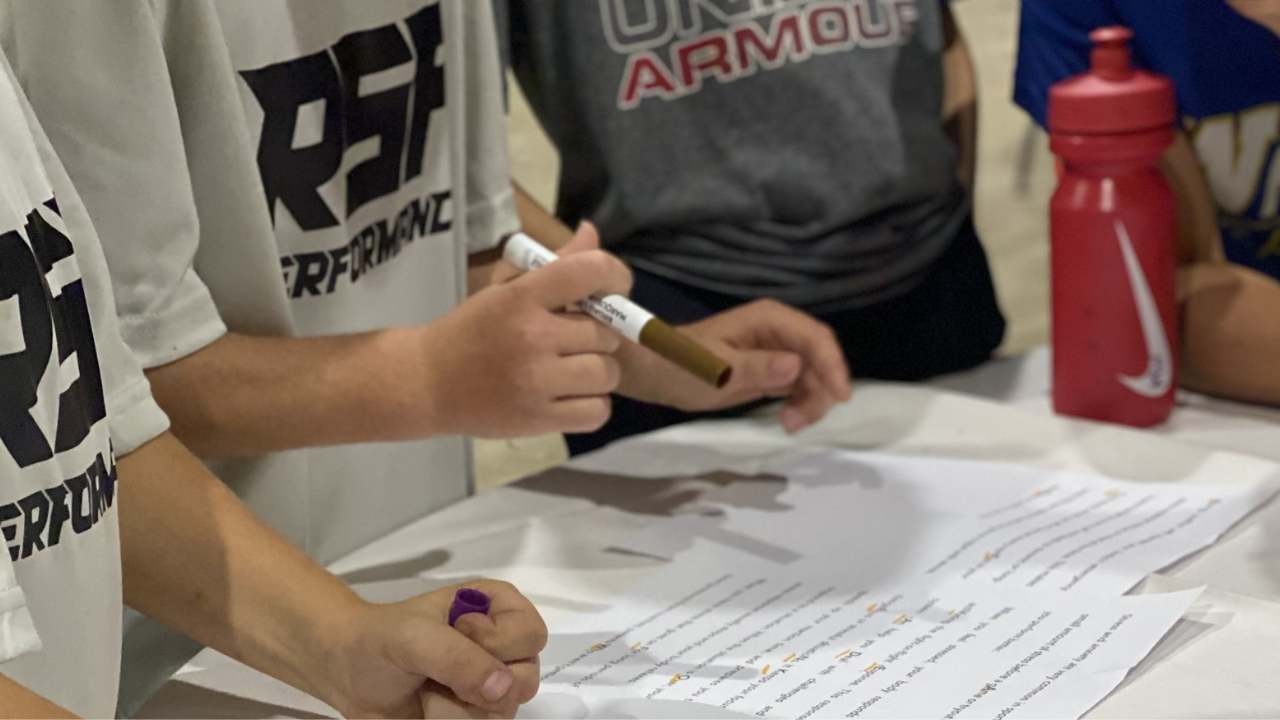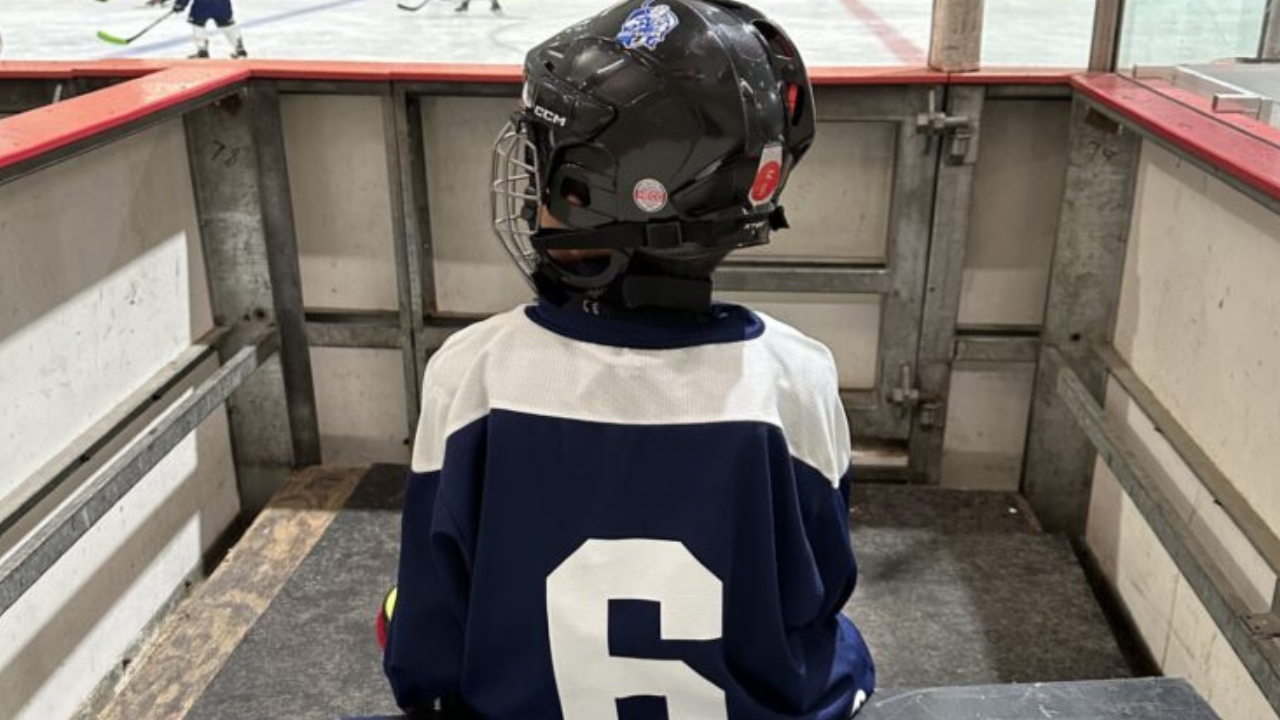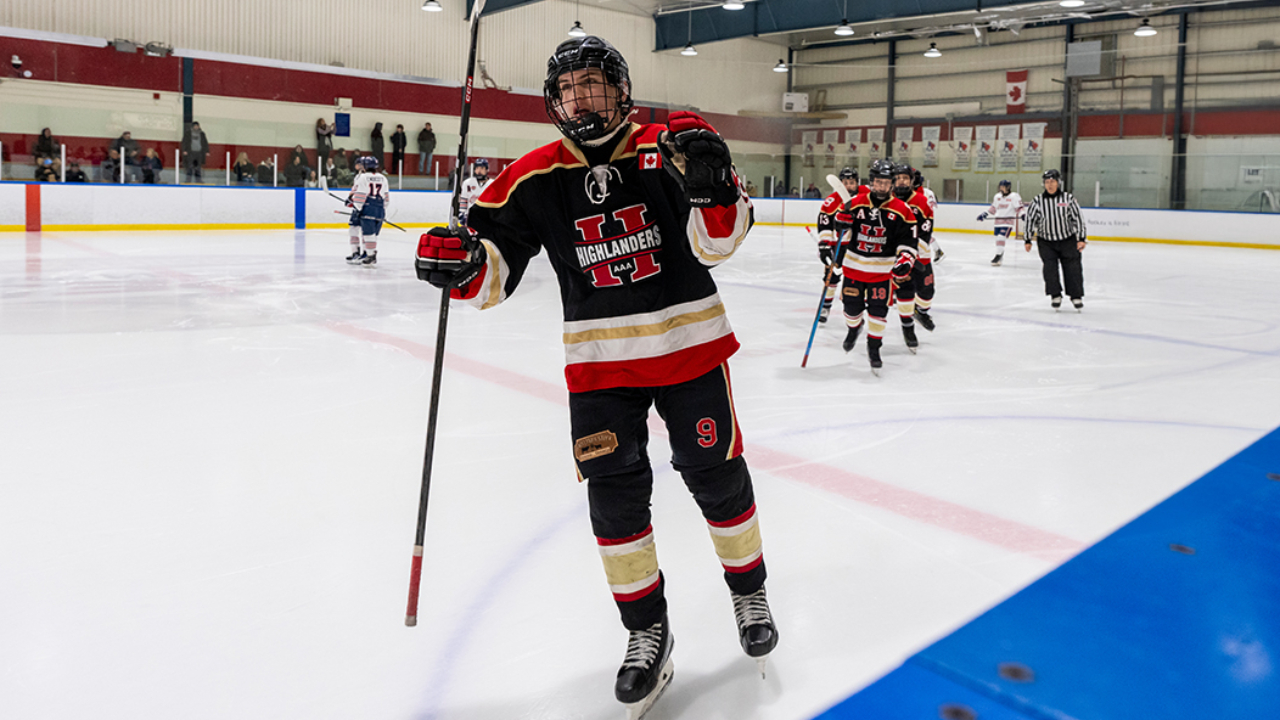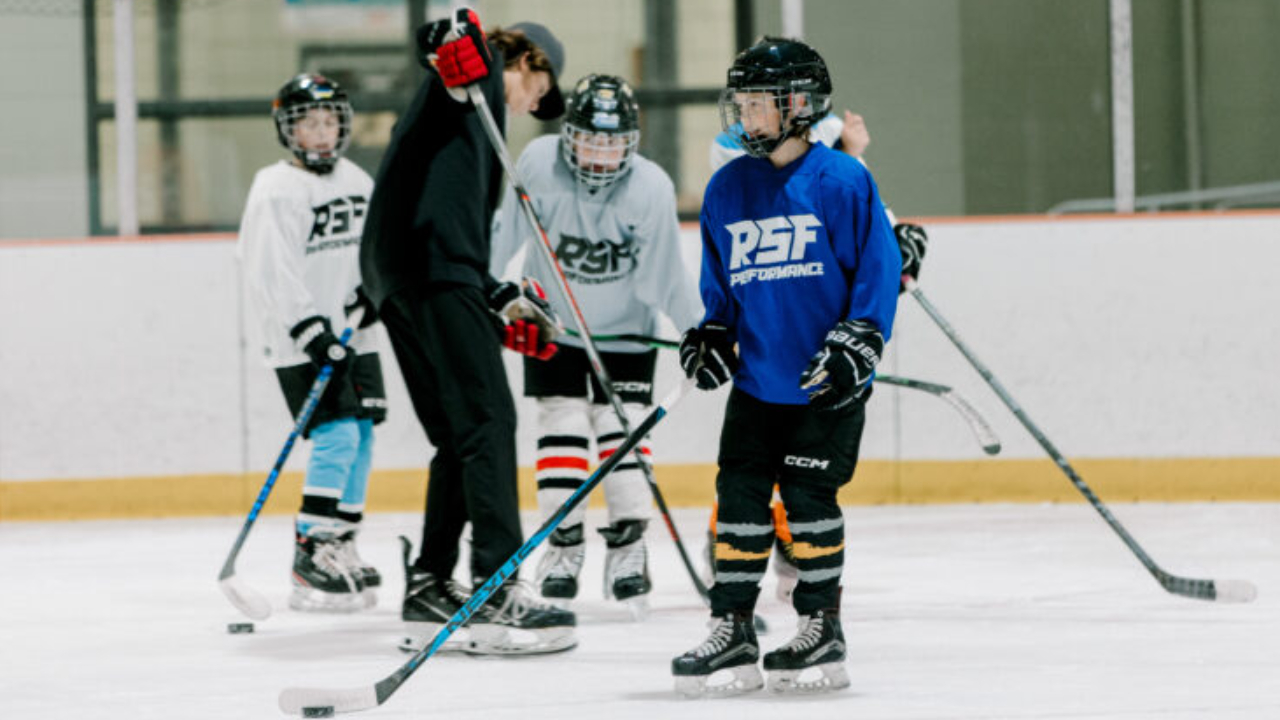
In today's fast-paced world, where success is often equated with immediate results and achievements, cultivating a growth mindset has become more important than ever. By shifting the focus from outcomes to the process, we can encourage young athletes to embrace challenges and strive for continuous improvement.
Understanding Mindsets: Growth vs. Fixed
Challenges and learning lie in the distinction between two fundamental mindsets: the growth and the fixed mindset. Embracing a growth mindset empowers individuals with the belief that their abilities and intelligence can be developed through effort, strategy, and input from others. It's a perspective that views challenges as springboards for growth, valuing persistence over perfection.
The fixed mindset holds that our intelligence and talents are static, leading to an unwillingness to engage with challenges for fear of failure. This perspective can hinder personal and athletic development, as it prioritizes innate ability over the process of learning and growth.
The Role of Praise in Shaping Mindsets
Praise, when used correctly, can be a transformative tool in the arsenal of youth coaches. It's not only about acknowledging success; it’s about reinforcing the behaviors that lead to that success. Instead of highlighting natural talent or end results, focusing praise based on effort and perseverance shown by young athletes nurtures a belief in the value of hard work. This shift encourages them to embrace challenges with a positive attitude, seeing them as opportunities to stretch their abilities and grow. By acknowledging the dedication and strategies employed by players, coaches underscore the message that improvement and excellence are attainable through persistent effort. This approach helps to build an environment where mistakes are not feared but are viewed as integral steps in the learning journey. This, in turn, fosters a culture of continuous improvement and resilience, key components of a growth mindset. By prioritizing effort-based praise, we teach young athletes that their potential is not fixed but can be expanded through dedication and hard work, laying the groundwork for lifelong learning and achievement.
The Impact of a Results-Focused Approach
This results-focused mentality, though seemingly beneficial on the surface, can inadvertently create a fixed mindset among young athletes. When emphasis is placed predominantly on outcomes—wins and losses, rankings, and scorelines—players may start to view these achievements as the sole indicators of their worth and potential. This perspective not only magnifies the fear of failure but also stifles the willingness to step outside of comfort zones and tackle new challenges.
Strategies for Cultivating a Growth Mindset in Youth
Coaches can start by setting achievable, yet challenging goals, emphasizing the journey rather than the destination. This helps athletes see progress as a measure of success, not just wins or losses. Encouraging athletes to step out of their comfort zones and attempt new techniques or strategies without fear of failure is key. It teaches them that growth comes from trying, failing, and learning, not just from succeeding.
Feedback should be constructive and specific, highlighting what was done well and where there is room for improvement. This approach fosters a sense of accomplishment and a clear direction for growth. Celebrating small victories and efforts reinforces the message that effort leads to improvement.
The Long-Term Benefits of a Growth Mindset
Cultivating a growth mindset in young athletes does more than just enhance their performance on the ice; it lays a foundation for lifelong resilience and adaptability. This powerful perspective equips individuals with the ability to view challenges not as insurmountable obstacles, but as opportunities to learn and evolve. In the broader scope of life's pursuits, these qualities are invaluable. Those who embrace a growth mindset tend to approach problems with a solution-oriented attitude, applying the same persistence and dedication learned in sports to academic endeavors, professional projects, and personal relationships.

